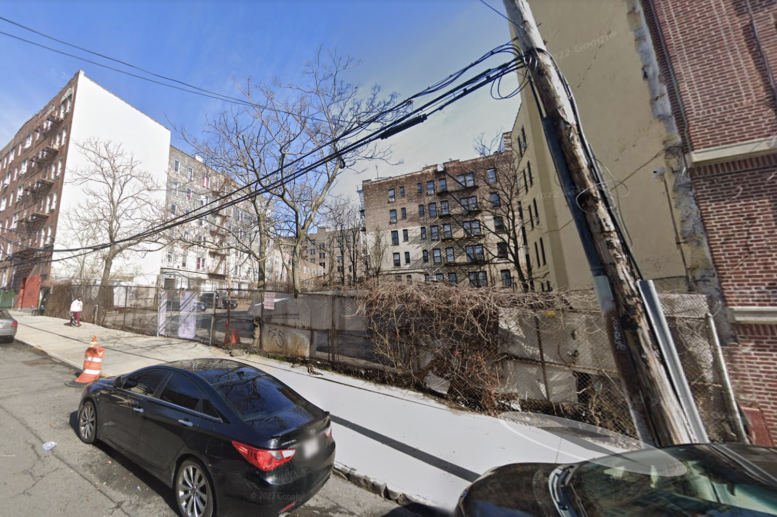Auctions Featured Non-Medical Grade Items Purchased for 80% Less than Reported
The NYC Department of Citywide Administrative Services (DCAS) today issued the following statement on inaccurate reporting by news outlet The City on the City of New York’s auctions of surplus non-medical grade supplies originally purchased for COVID-19 response efforts.
“Recent reporting indicated that $224.5 million worth of COVID supplies were auctioned by the city for pennies on the dollar. After a thorough review, we determined these numbers were inaccurately calculated by a reporter who refused to wait for a proper calculation by DCAS. After the analysis was completed, we took this information to the reporter who refused to make changes to his story. In reality, the items sold at auction were non-medical grade and many items up for auction were nearing expiration dates. To be clear, this distorted reporting did a disservice to the facts and the dedicated public servants who succeeded in obtaining emergency supplies amidst a once-in-a-century pandemic.” - Nick Benson, DCAS Executive Director of Communications and Public Affairs The Facts: · The items sold at auction were originally purchased for $42,421,625, just 18.9% of the $224,504,000 figure the reporter inaccurately claimed.
· The items sold at auction were non-medical grade. When medical-grade supplies were difficult to come by amidst collapsing supply chains in early 2020, some non-medical grade supplies were purchased as a stop-gap measure and held in reserves as supply chain issues resolved.
· The New York City Department of Health & Mental Hygiene, NYC Health + Hospitals, and others advised that these non-medical grade supplies are no longer needed with medical-grade supplies now widely available.
· Some of the items up for auction were nearing expiration dates and the only alternative to donating or auctioning items was to destroy them. Over 17 million items were previously donated to Ukraine, Indonesia, Ghana, Haiti, South Africa, and more than two dozen local community-based organizations/non-profits to support others in need and avoid waste. Some items that haven’t been donated have been placed for auction to recover as much revenue as possible for taxpayers. Because the global COVID supply market is flooded with excess supplies being sold by governments all over the world, sale prices are a fraction of what governments had to pay at the beginning of the pandemic amidst extremely limited supplies and failed leadership at the federal level.
· If the City opted not to donate or auction non-expiring items, it would have to pay to warehouse non-medical grade items that medical professionals advised are no longer needed. About the NYC Department of Citywide Administrative Services
The NYC Department of Citywide Administrative Services (DCAS) makes city government work for all New Yorkers. Our commitment to equity, effectiveness, and sustainability guides our work providing City agencies with the resources and support needed to succeed, including: · Recruiting, hiring, and training City employees. · Managing 55 public buildings. · Acquiring, selling, and leasing City property. · Purchasing over $1 billion in goods and services for City agencies. · Overseeing the greenest municipal vehicle fleet in the country. · Leading the City’s efforts to reduce carbon emissions from government operations.
|


